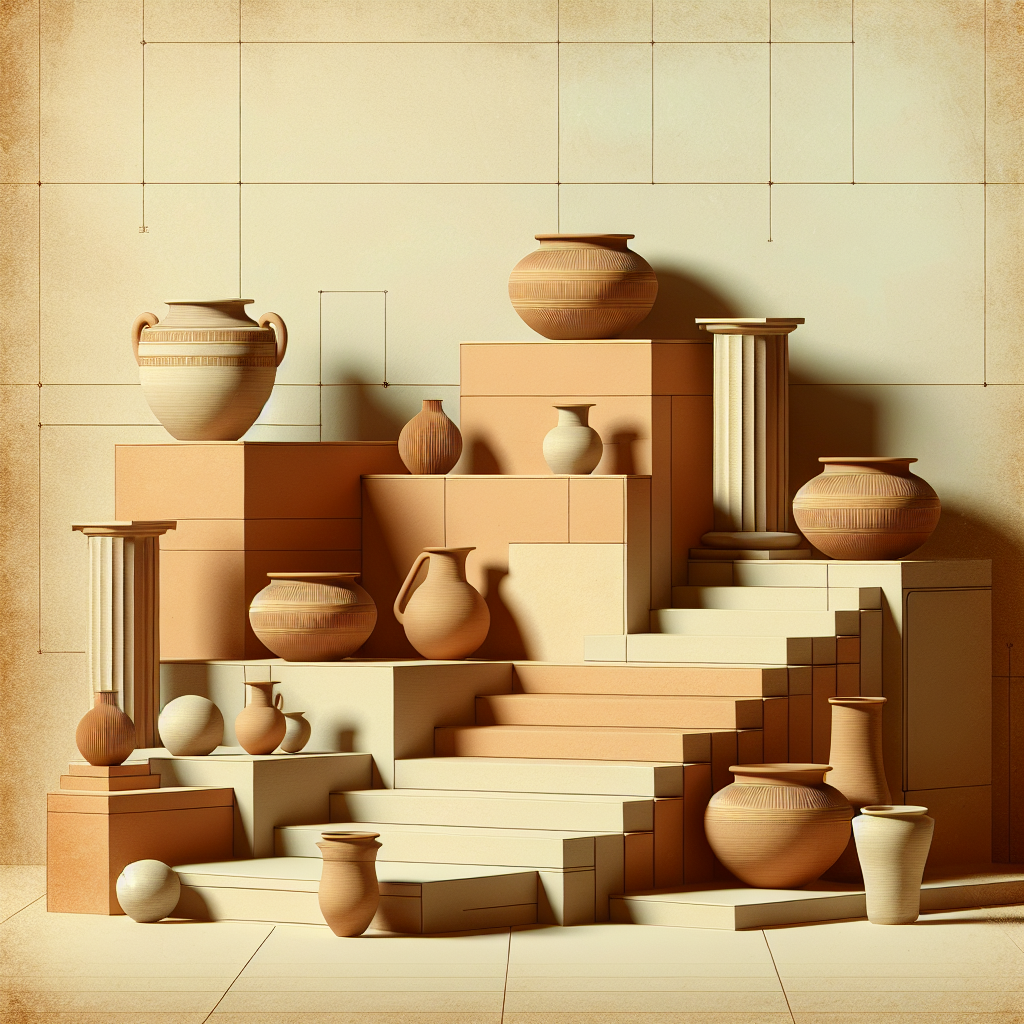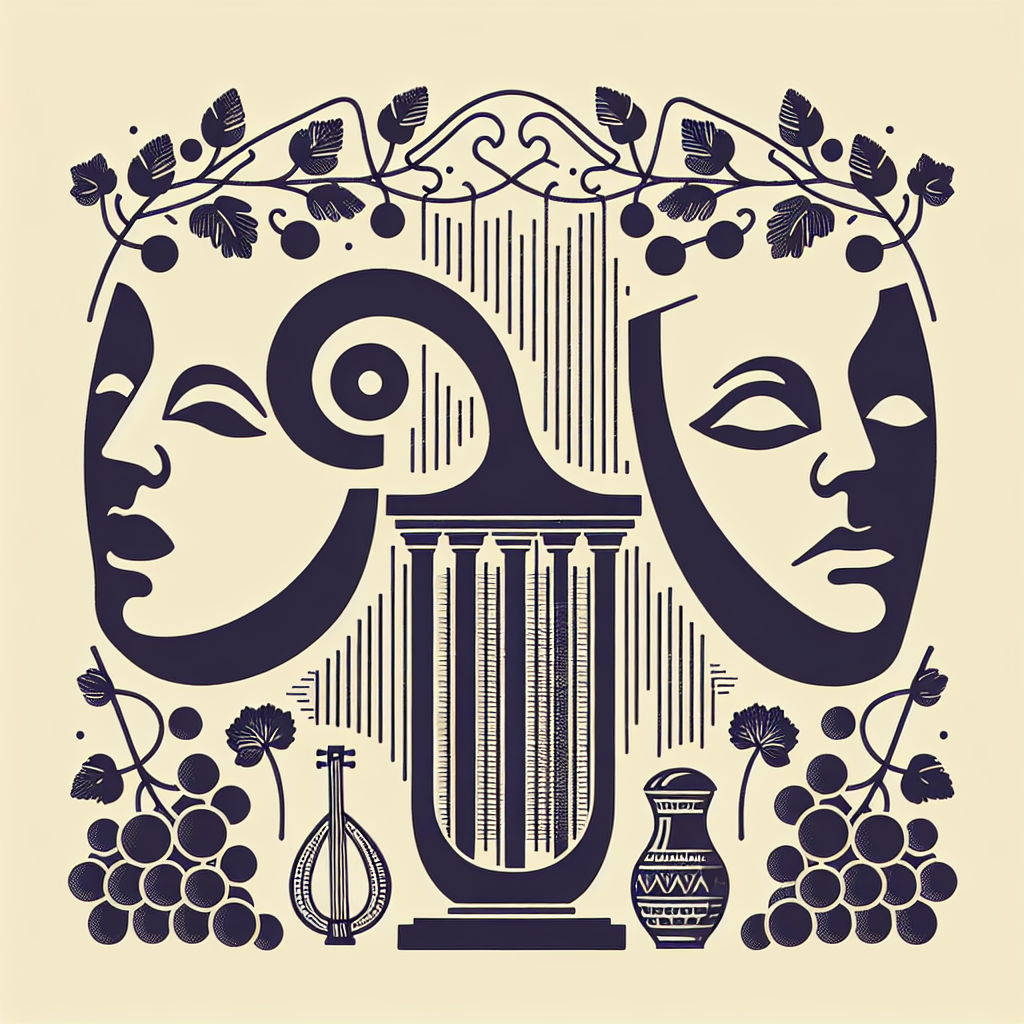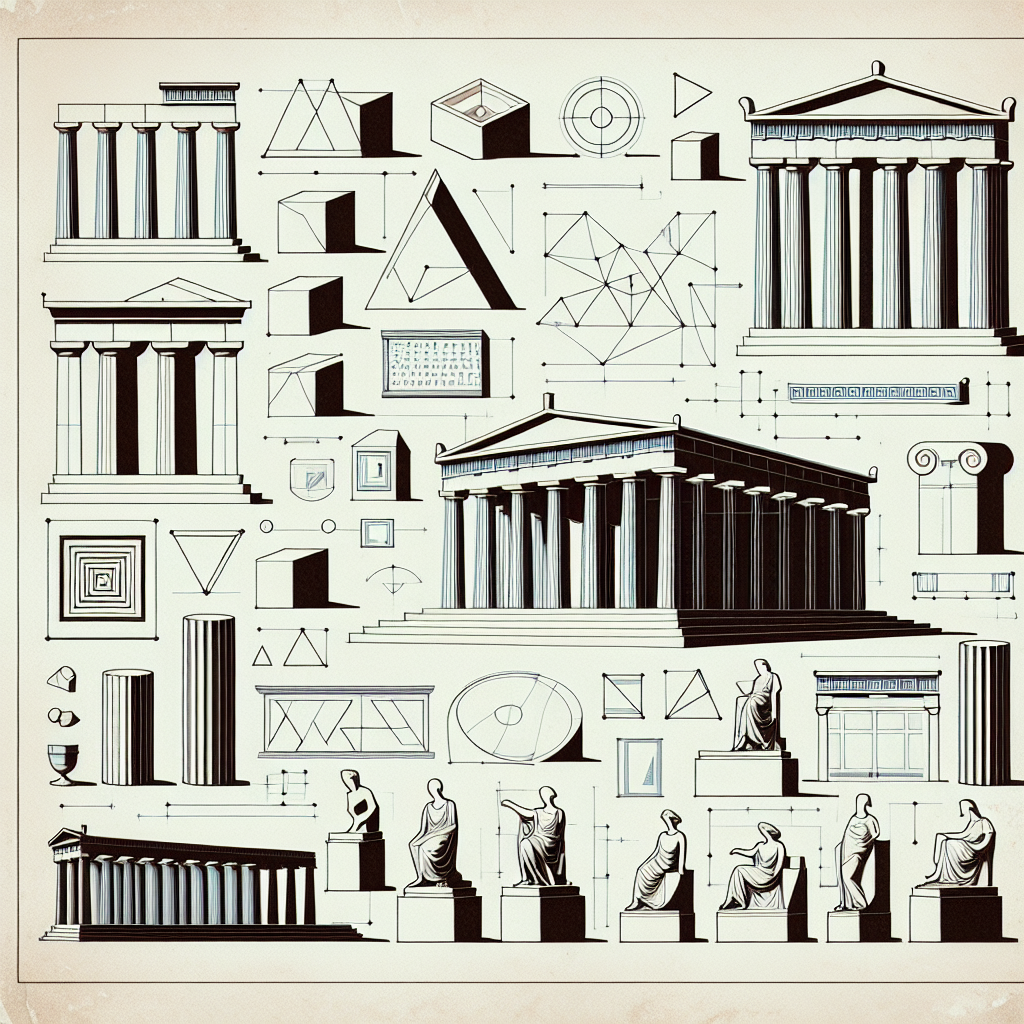Stepping back to the bustling city-state of Athens in the 490s BCE, one enters a pivotal era where democracy began to take root. This period marks a significant chapter in history, setting the stage for monumental developments in politics, culture, and economics that would echo through the ages. As one navigates through the ancient streets of Athens, one witnesses firsthand the emergence of democratic governance, a cultural zenith characterized by flourishing arts, philosophy, and sports, alongside an economic structure heavily reliant on trade and agriculture.
Social Structure


In ancient Athens, a well-defined social hierarchy is quickly noticeable. According to V. J. Rosivach’s “The Other Athenians: Slaves and Women in Athens,” slaves and women were considered secondary citizens compared to free Athenian men. Slavery was an accepted institution; slaves were employed for various tasks from household chores to skilled labor. The clear divisions and inequality among people are stark contrasts with today’s ideals of equality for all individuals.
Cultural Life


The pulse of Athenian culture thrived on entertainment and festivals. Theatre played a central role in society with performances being a common form of entertainment. Watching a play by Aeschylus or Sophocles at one of the religious festivals like Dionysia would fill one with excitement. As highlighted in “Performance Culture and Athenian Democracy,” edited by Simon Goldhill and Robin Osborne, these events were not just entertainment but also an integral part of Athenian democracy itself.
Education


If one belonged to the elite class during this era, one’s education would be comprehensive but exclusive. Education was reserved for wealthy males who learned rhetoric and philosophy among other subjects. Observing this exclusivity might lead to feelings of disappointment considering today’s broader access to education regardless of social standing. The pedagogical content focused on preparing these young men for participation in public life—a concept both fascinating and reflective of the times.
Daily Life


The culinary scene was quite vibrant with street vendors selling foods like cereals, olives, figs, cheese, and legumes—similar to modern-day food trucks or fast-food outlets offering quick meals on-the-go. These vendors were known as kapeloi as Christian Meier notes in “Athens: A Portrait of the City in Its Golden Age.” Despite lacking sophisticated kitchens at home, Athenians enjoyed a variety of foods available through these vendors or at communal gatherings known as symposia.
Architecture


The Agora stood as the heart of Athens—a hub for socializing, trade activities, political discussions, and judicial matters. Walking through it would invoke awe due to its grand public buildings adorned with sculptures similar to how today’s marketplaces often serve as town squares featuring art installations. John M Camp’s “The Archaeology of Athens” describes it as “the commercial, civic, religious and political center” reflecting its multifaceted role within ancient Greek society.
Traversing through time into ancient Athens reveals many aspects that resonate with contemporary life—from shared meals at communal gatherings to engaging public spaces filled with artistry—while also highlighting stark differences such as rigid class hierarchies or limited educational opportunities based on wealth and gender. The legacy left by Athens is evident not only in our democratic institutions but also in our cultural expressions that continue to be influenced by this ancient civilization.
References:
- Rosivach, V.J. (1994). The Other Athenians: Slaves and Women in Athens (Vol 56, No 1). Retrieved from https://www.jstor.org/stable/24450423
- Goldhill, S., & Osborne, R. (Eds.). (1999). Performance Culture and Athenian Democracy. Cambridge University Press. Retrieved from https://www.cambridge.org/core/books/performance-culture-and-athenian-democracy/9D026F212A9EB988EBCFEB4F3DBAB14C
- Meier, C. (1998). Athens: A Portrait of the City in Its Golden Age. HarperCollins Publishers. Retrieved from https://www.goodreads.com/book/show/915788.Athens
- Camp, J.M. (2001). The Archaeology of Athens. Yale University Press. Retrieved from https://yalebooks.yale.edu/book/9780300081978/archaeology-athens

